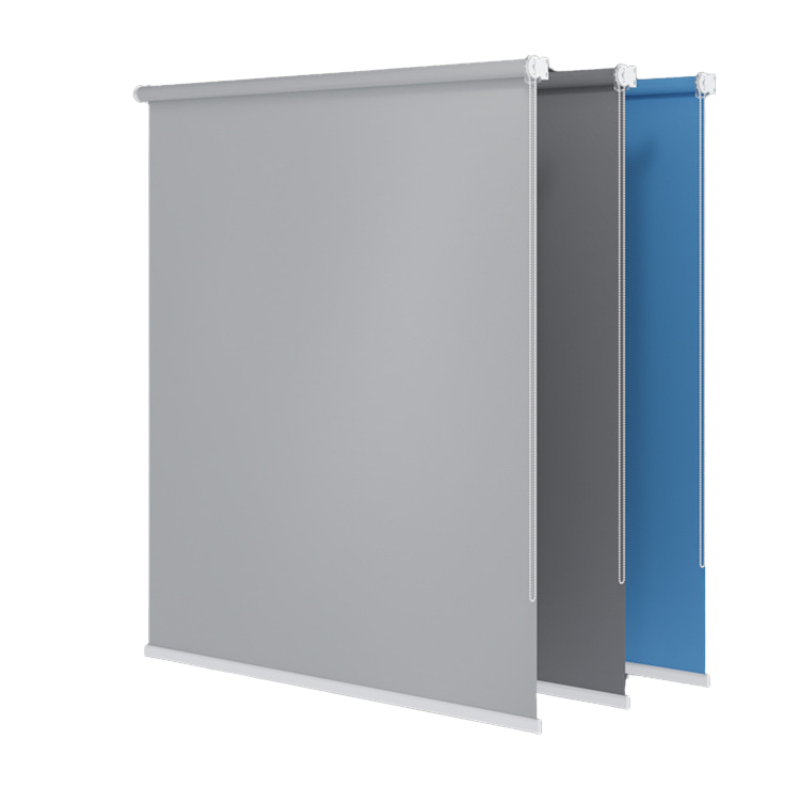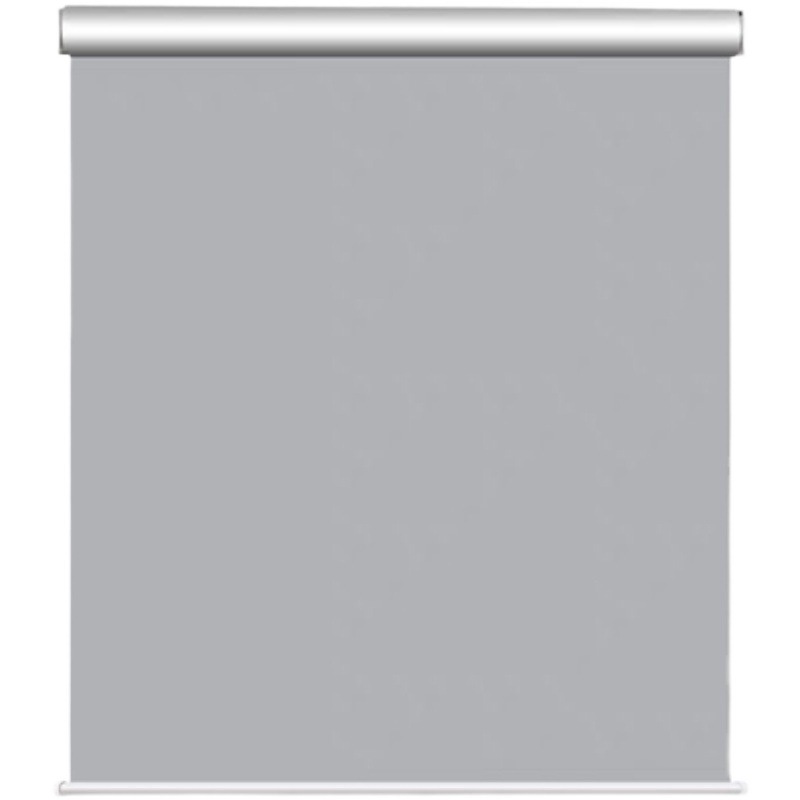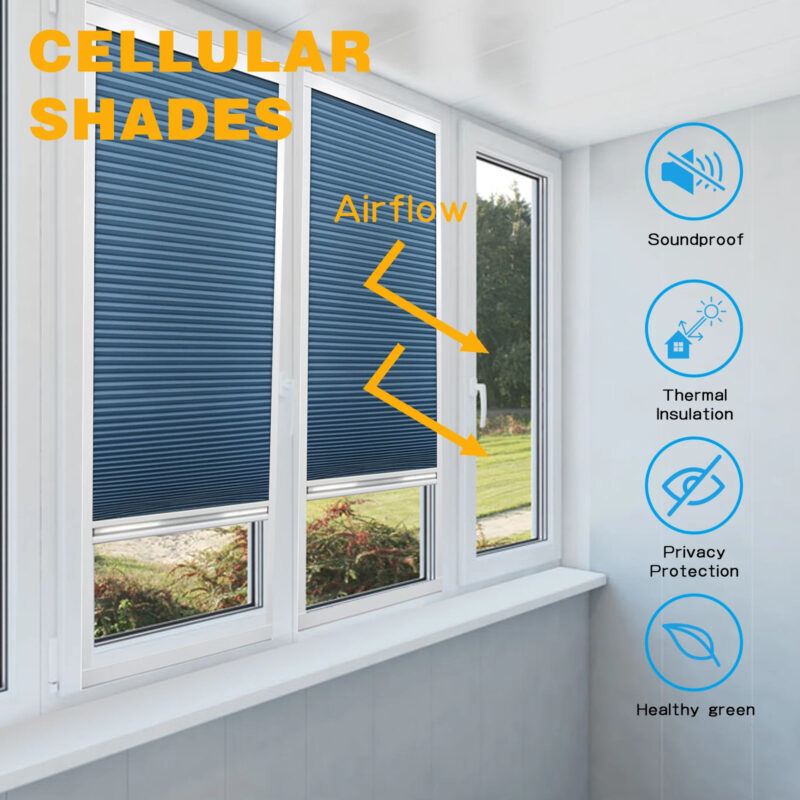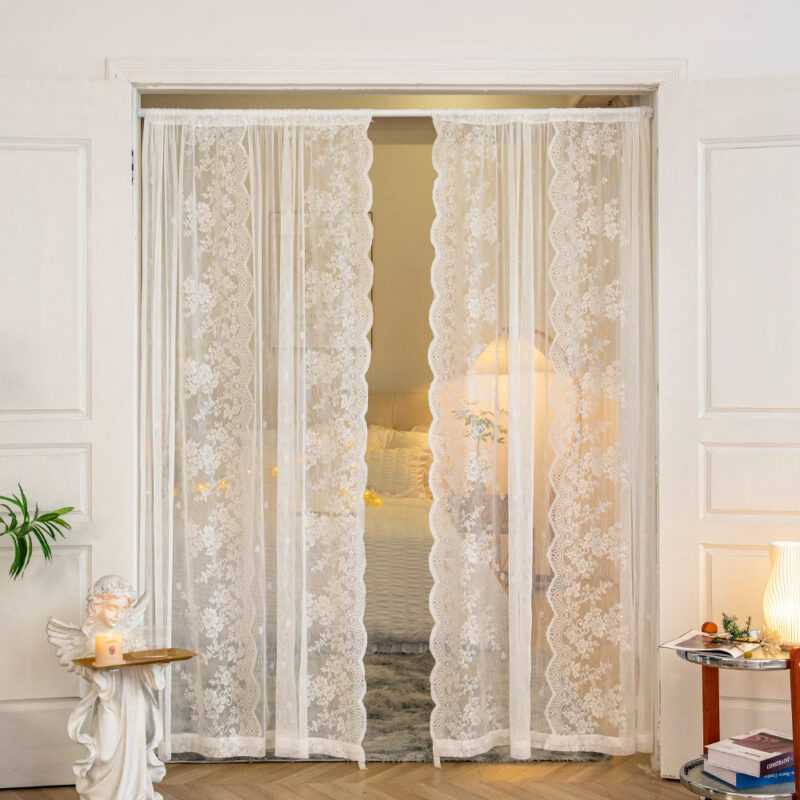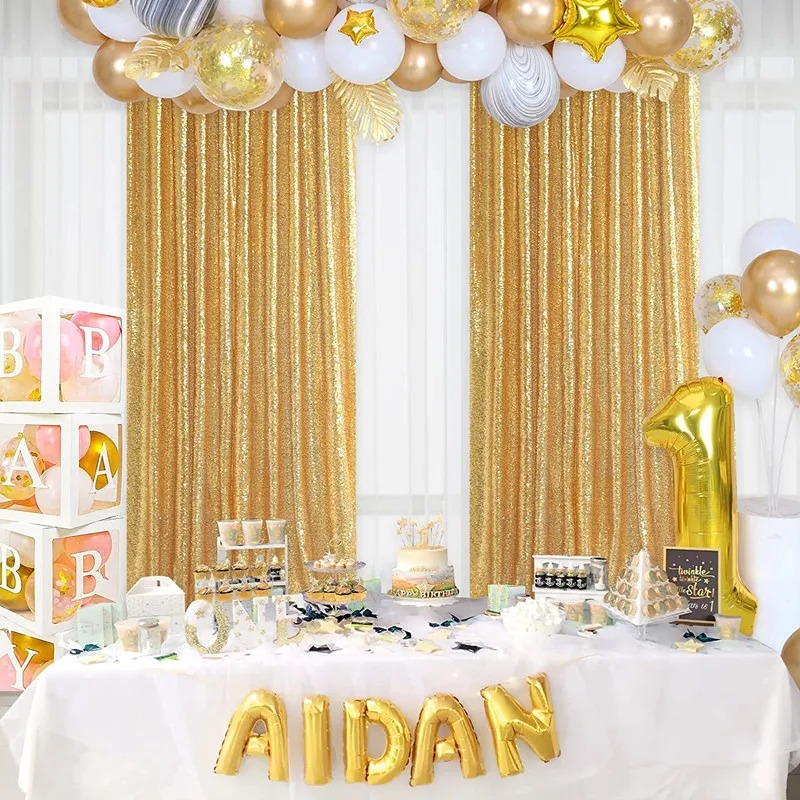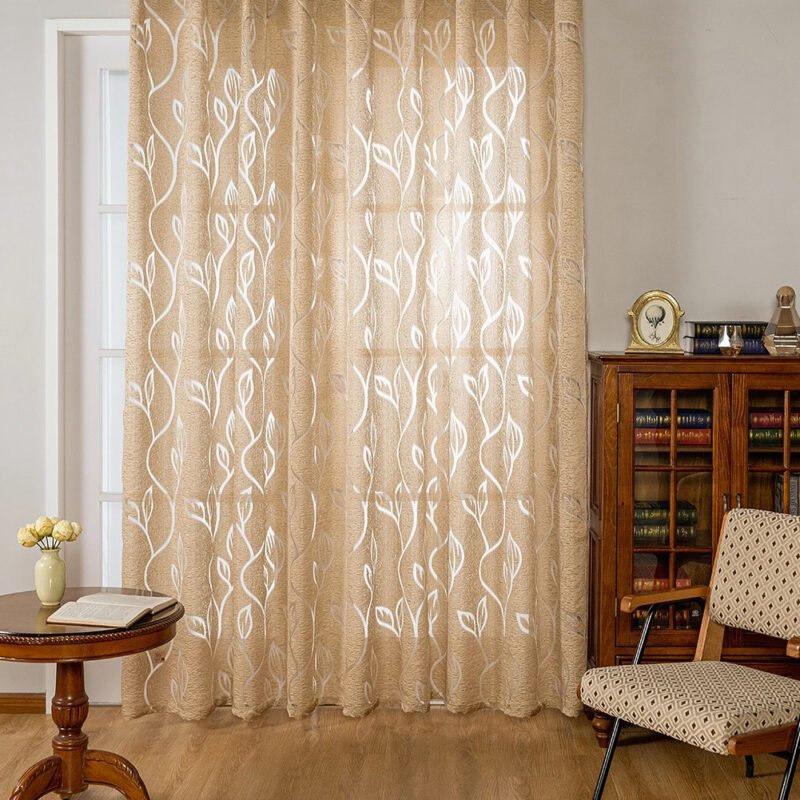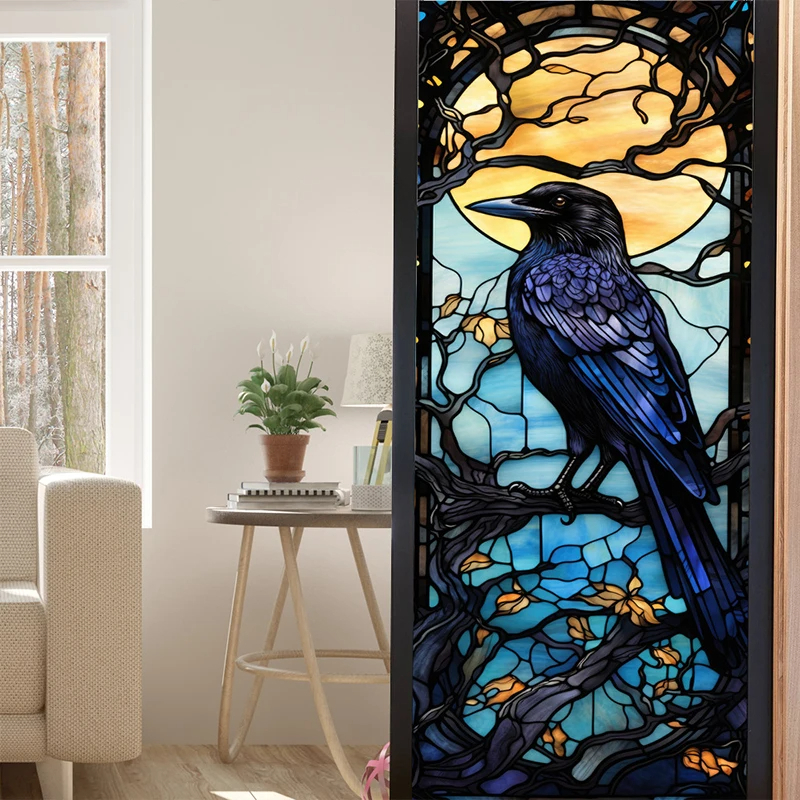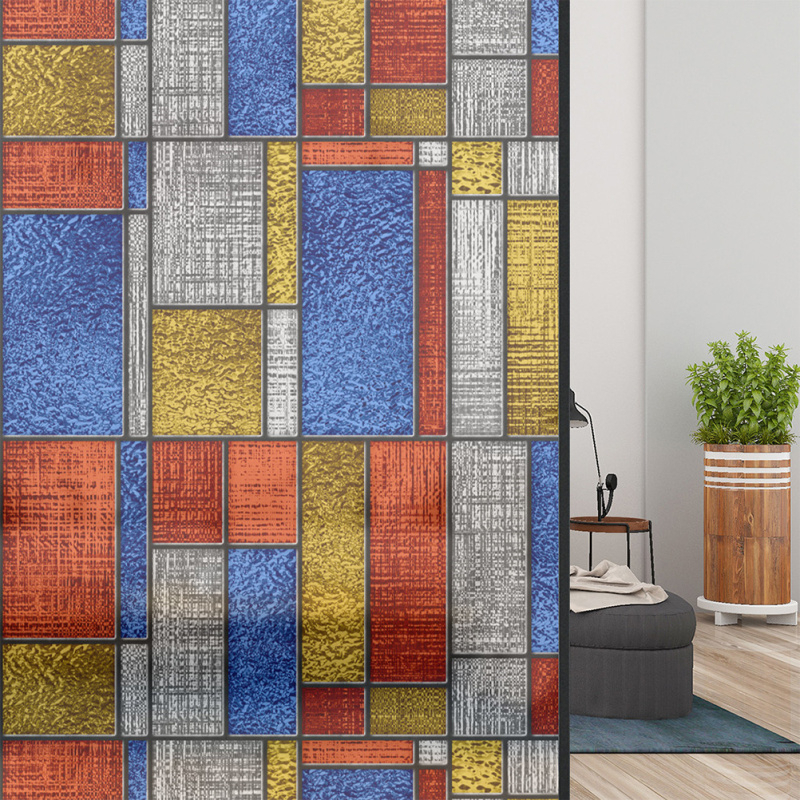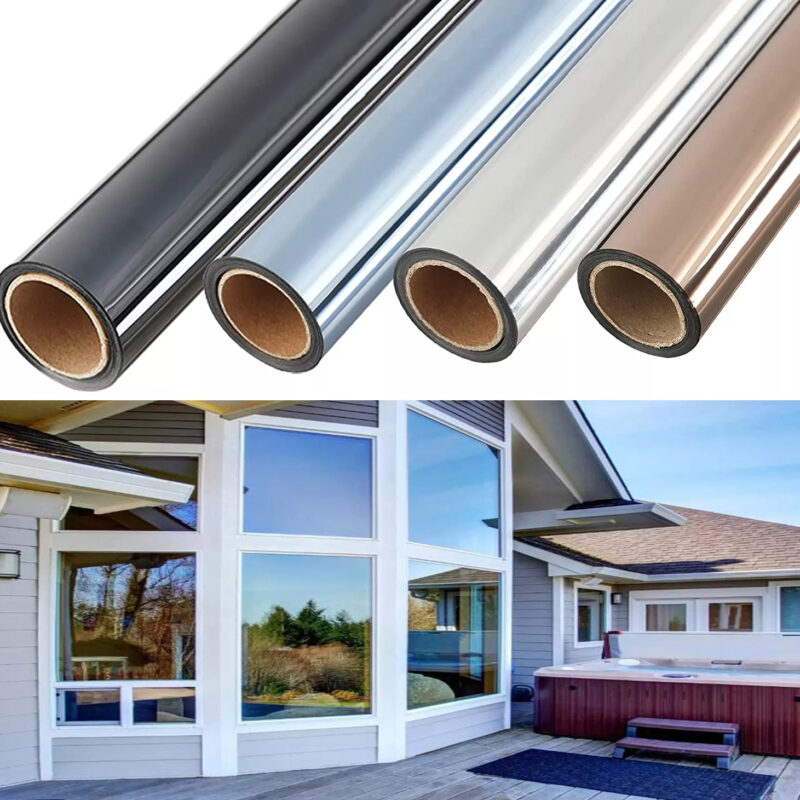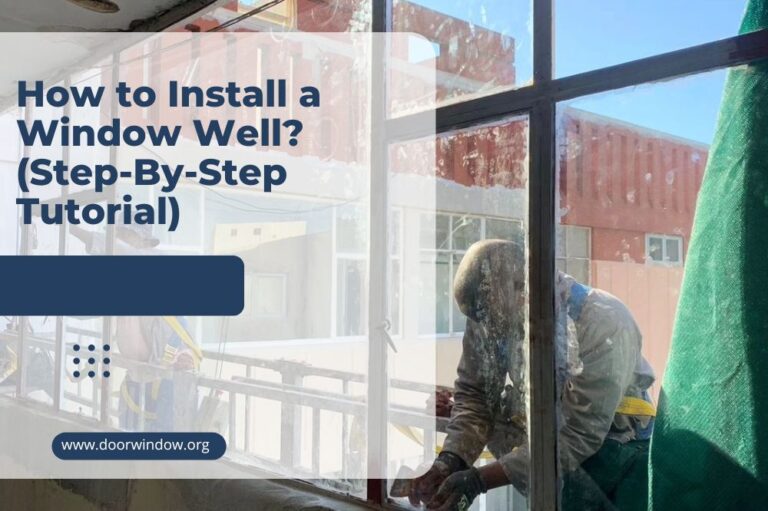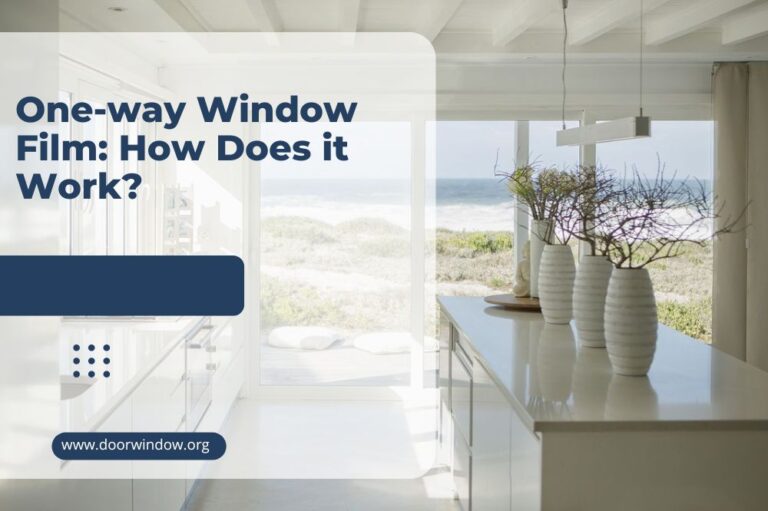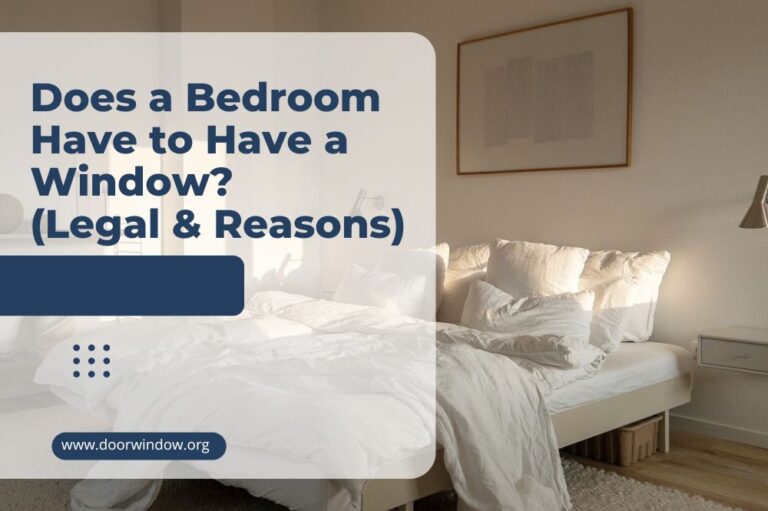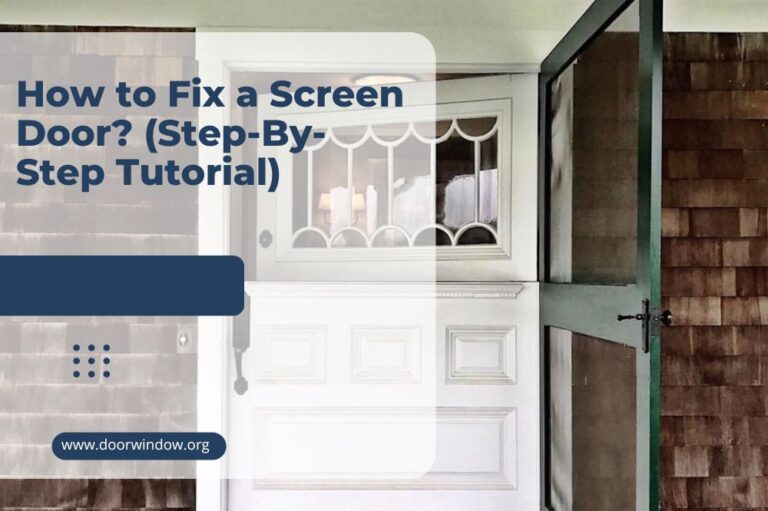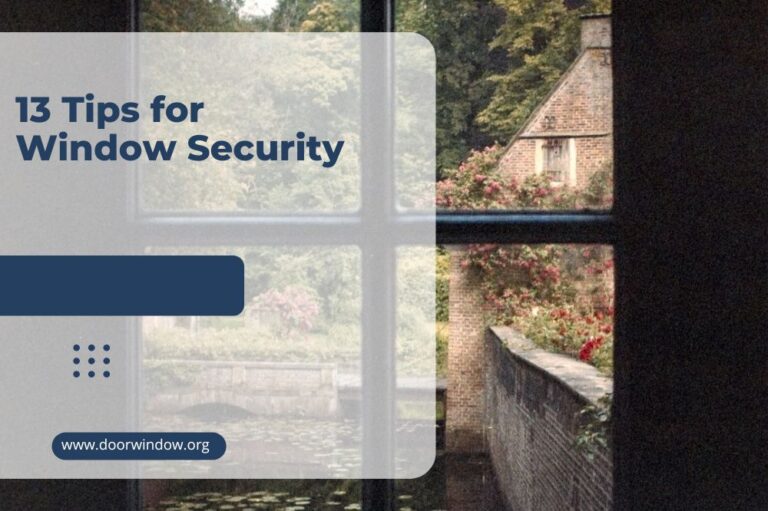Solar Screens vs. Window Tinting (Which is Better?)
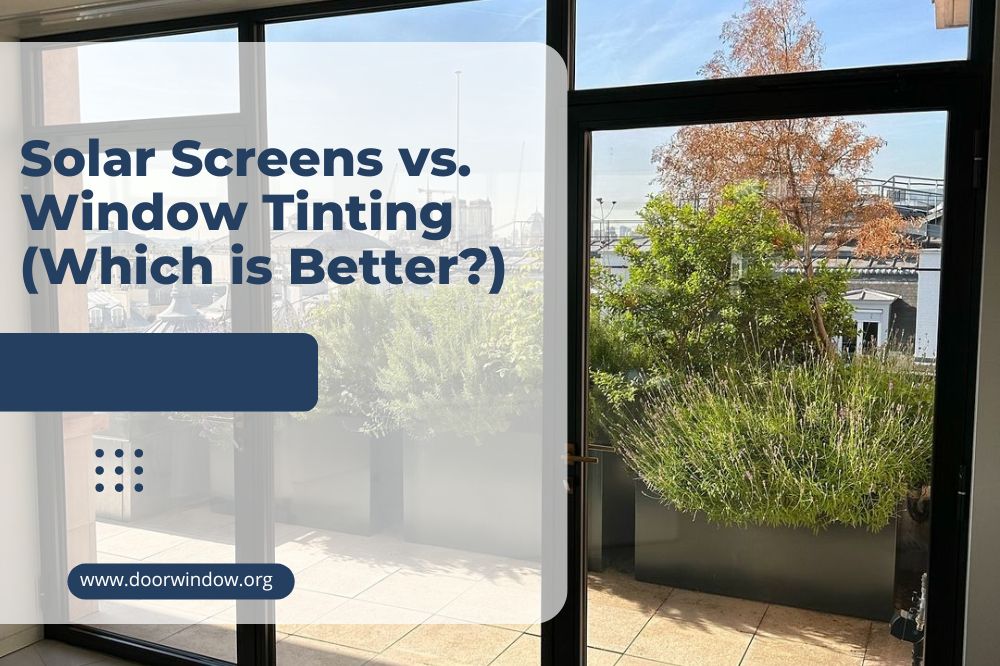
If you’re allowing extra sunlight in your house, you’re also letting in the UV rays that are hazardous to your health. Prolonged exposure to UV sun rays not only wreaks havoc on the skin but also damages your home and furniture. Furthermore, unfiltered sunlight may also lead to cracks in the surfaces and fades the colors making these surfaces less reflective. The obvious option is to cover the entry points of sunlight, which are usually the windows.
Two of the most recommended solutions to this issue include using solar screens or getting the window panes tinted. However, you might have wondered which one is the better option and worth your investment. Well, this is exactly what we are about to discuss in this article, so let’s get started.
What are Solar Screens?
If you have ever seen a window screen, then you already know what a solar screen looks like because they are quite similar in appearance. These dark panels are used to reflect sunlight and reduce glare. They’re manufactured using a dense material instead of the regular mesh in window screens. Most manufacturers use a polyester weave mesh for the panels and add PVC coating for durability.
Screens are installed at the exterior of the homes and are used to block sunlight before it reaches the windows. You can find these screens in different colors and sizes, so you can easily get them as per your preference. Black, gray, brown, and stucco are some of the available colors that you have the option to choose from.
Since the screens are dark, they also add an aesthetic appeal to your house. However, they limit the passage of sunlight into your house. So, once you have them installed, you’ll have to depend more on artificial lighting sources for the house interior.
What is Window Tinting?
Do you know that some of your home windows are laminated by thin film? This thin film is commonly known as window tint, similar to the tint of car windows. It proves beneficial in lowering the temperature, blocking harmful sun rays, and preventing paint fading due to sun rays. Window tinting makes the simple window panes a notch more appealing, and they obviously have a protective advantage.
Window tints are manufactured using polyester and metal-coated materials in various colors. Tinted windows not only serve the purpose of blocking UV rays and sunlight. They are commonly used for privacy purposes. Does that ring a bell? You must’ve seen cars of higher officials and government officials using cars with tinted screens. Due to security purposes, few countries don’t allow traveling in tinted cars.
Nonetheless, window tinting provides protection and security for storefronts, retail shops, banks, residential buildings, etc. Moreover, window films prove useful in reducing electricity bills as well.
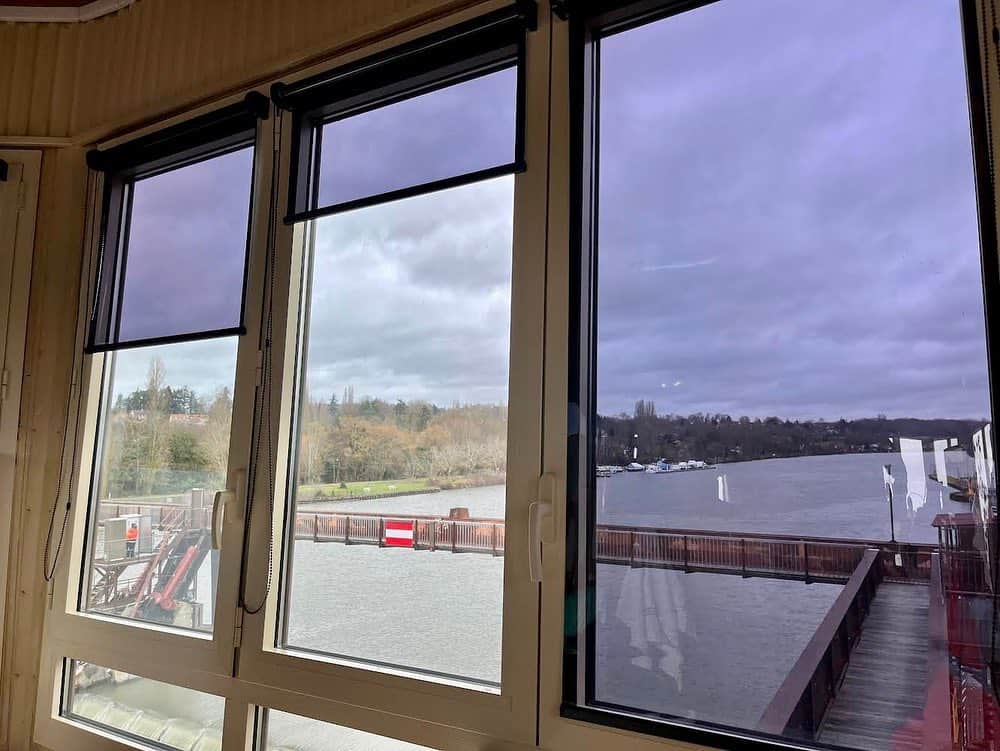
Comparison of Features: Solar Screens & Window Tint
In order to make up your mind about which one, solar screens or window tints is the best option for your specific needs, it is important to compare them over various key aspects.
Feature 1: Overall Goal
You’ll be surprised to know that there isn’t any difference in this aspect because both the products are highly effective when it comes to blocking the harmful cancer-causing radiation from the sun. By utilizing one of these, you can easily lower the overall temperature of your space and cut down costs on the air conditioning. Having this added protection will also help you avoid any wear or tear because of sun-fading that otherwise tarnishes different surfaces.
Feature 2: Cost Effectiveness
Solar screens are a great investment for 5-10 years as they reduce energy consumption and utility bills, saving you at least 25% annually. Professionally installed solar screens prove less expensive than window tinting. However, solar screens’ overall expenditure is larger than window tinting. It varies from $200 – $500 per window screen, and the amount varies according to the number and size of the windows.
In short, we can say that initially, tinted windows are more expensive than solar screens, but the former saves you more money in the long run. Moreover, solar screens are less durable than tinted windows and need replacement after 7-10 years and this obviously adds to the overall cost factor.
Feature 3: Visibility Factor
When you’re considering window coverage options, you definitely have to consider the factor of visibility for obvious reasons. However, it happens to be a no-brainer because both of the options don’t impede visibility at all. Although solar screens have a netter appearance, they are quite visible. On the other hand, window tint blends with the windows to perfection and may slightly alter the colors (if you go for a colored tint) but otherwise, it works perfectly.
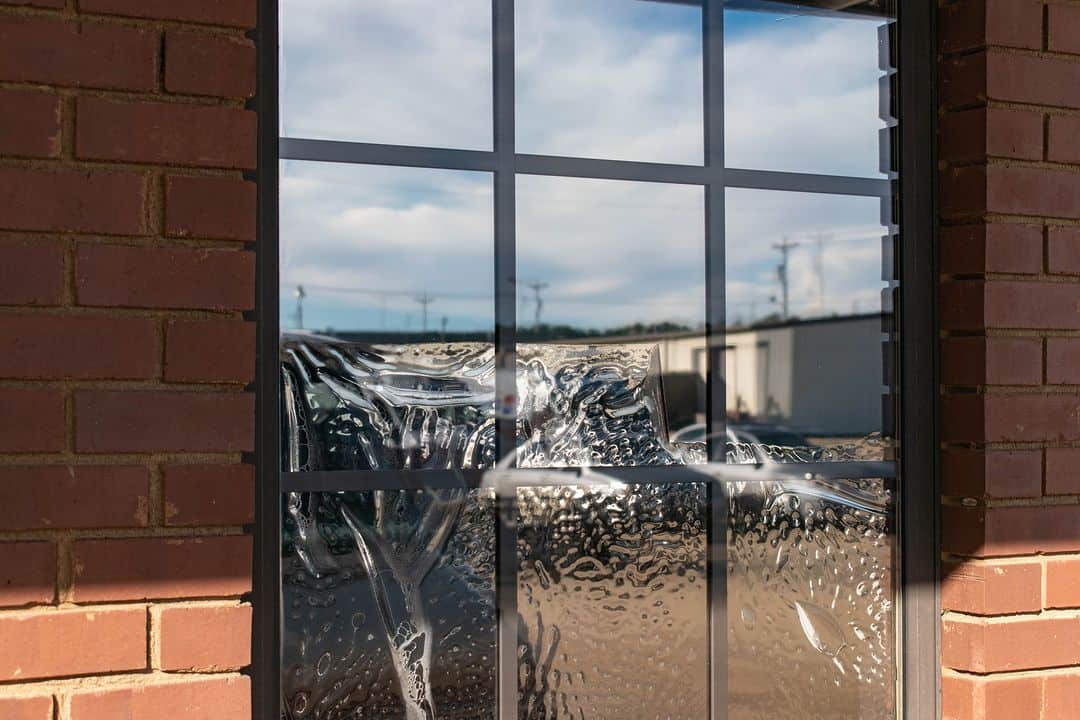
twobrotherstinting
Feature 4: Highest in Energy Efficiency
When you’re investing in something like this, you have dual goals because you not only want to have the best features but something that’s super energy efficient as well. So, if that’s the case and you’re looking for something that takes the front stage for the energy-efficient aspect, then solar screens definitely ace here. However, it is needless to say that both the products have a high energy efficiency value because both of them reduce overall energy dissipation.
Feature 5: Ease of Longterm Maintenance
For every house owner, it has always been a priority to understand the long-term maintenance implications of any features that they are adding to their house. With solar panels, it can get a little messy because of their netted structure they tend to offer harboring grounds for debris and even bugs. Therefore, you need to indulge more often when it comes to maintaining solar panels appropriately.
You can’t just turn a blind eye to cleaning the solar panels frequently because they start looking quite dirty and dilapidated. On the other hand, the window tint or films don’t pose any issues because they become a seamless part of your windows and all you have to do is clean them as you have always been cleaning your windows. So, in the long run, the overall maintenance of solar panels is quite time-consuming and a bit exhausting.
Feature 6: Aesthetic Appeal
Well, solar panels don’t blend in because they have to be installed separately and take up their own space that’s right outside your building. This may slightly affect the overall aesthetic appeal of the house but the window tint or film will simply blend in with your windows and won’t exist as an extra appendage.
So, you can clearly gauge that the solar panels can be easily spotted as an extra feature but the window tint won’t be even slightly noticeable. However, since solar panels are often dark-colored, they may appear aesthetically appealing to some people. But it all depends on your aesthetic preferences so you have to decide here if this is really a dealbreaker for you.
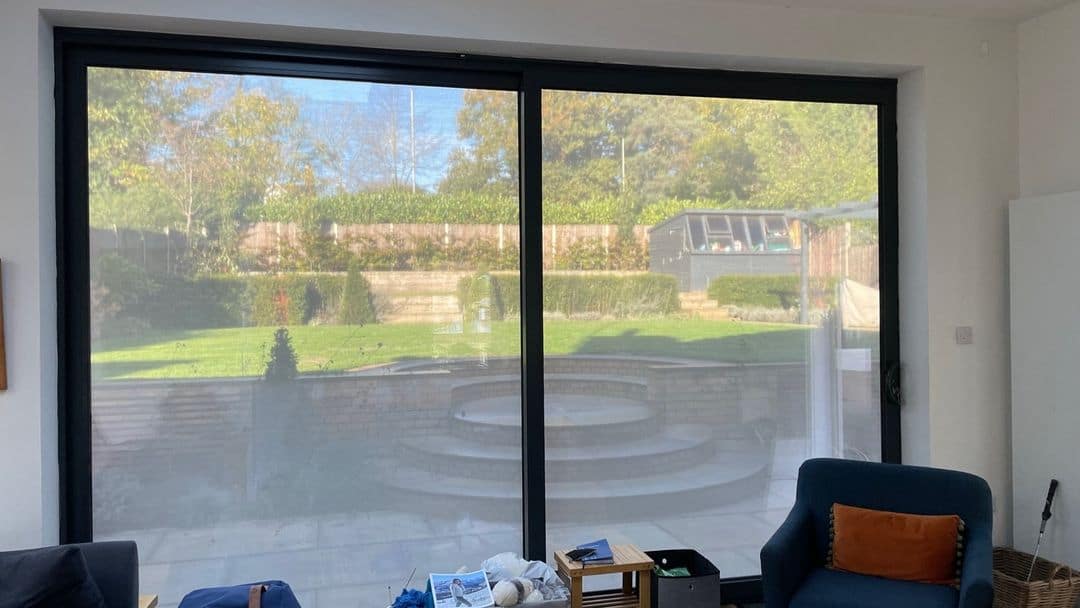
Feature 7: Seasonal Value
Window tinting works in all seasons, but solar screens might not be useful during winter. Solar screens are at risk of being blown away by hailstorms or windstorms. In contrast, window tints remain intact and provide more protection during accidents by preventing glass shards from flying away. However, in the long run, the window tints are at risk of peeling off.
Another seasonal aspect is when you may need to consume more heat during winter because the window tint substantially reduces the incoming heat. This obviously doesn’t reflect too well on the overall seasonal value for these. While you can slightly solve this issue with solar panels by opting for interior sunscreens. Overall, when it comes to seasonal value, there is a bargain that you have to make because one feature will be better than the other in one season and vice versa. So, don’t feel overwhelmed by this, simply decide on your priority and take a weighted decision.
Feature 8: Installation Intricacies
For some this aspect may not be a major point at all, however, whenever thinking about long-term household investments it is important to consider each and every relevant aspect. As a matter of fact, both these products have a striking difference when it comes to their installation because solar screens need to be attached somewhere to the outside of your house and this may involve frames for the panels. On the contrary, the window tint is very convenient when it comes to installation because it simply can be applied to the window surface and attaches there seamlessly.
Conclusion
One can’t claim that there is one winner in this solar screen vs. window tinting debate. Both prove effective in serving the purpose of effective sun protectors and reducing sun glare. However, if your demands and requirements differ, you must decide accordingly.
Solar screens are a great long-term investment, for someone who doesn’t bother about ugly frames killing the aesthetic vibe of the house and saving energy and bills. However, if you don’t wish to ruin the aesthetics of your house, window tinting is best but it does peel off after some time and doesn’t save energy or money. So, the choice is really yours!

